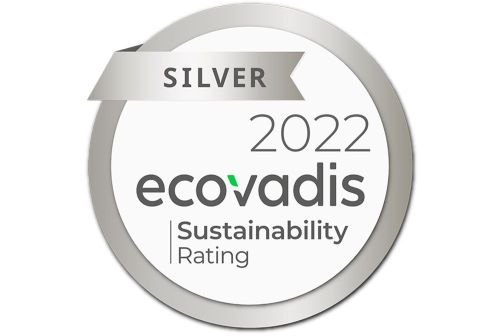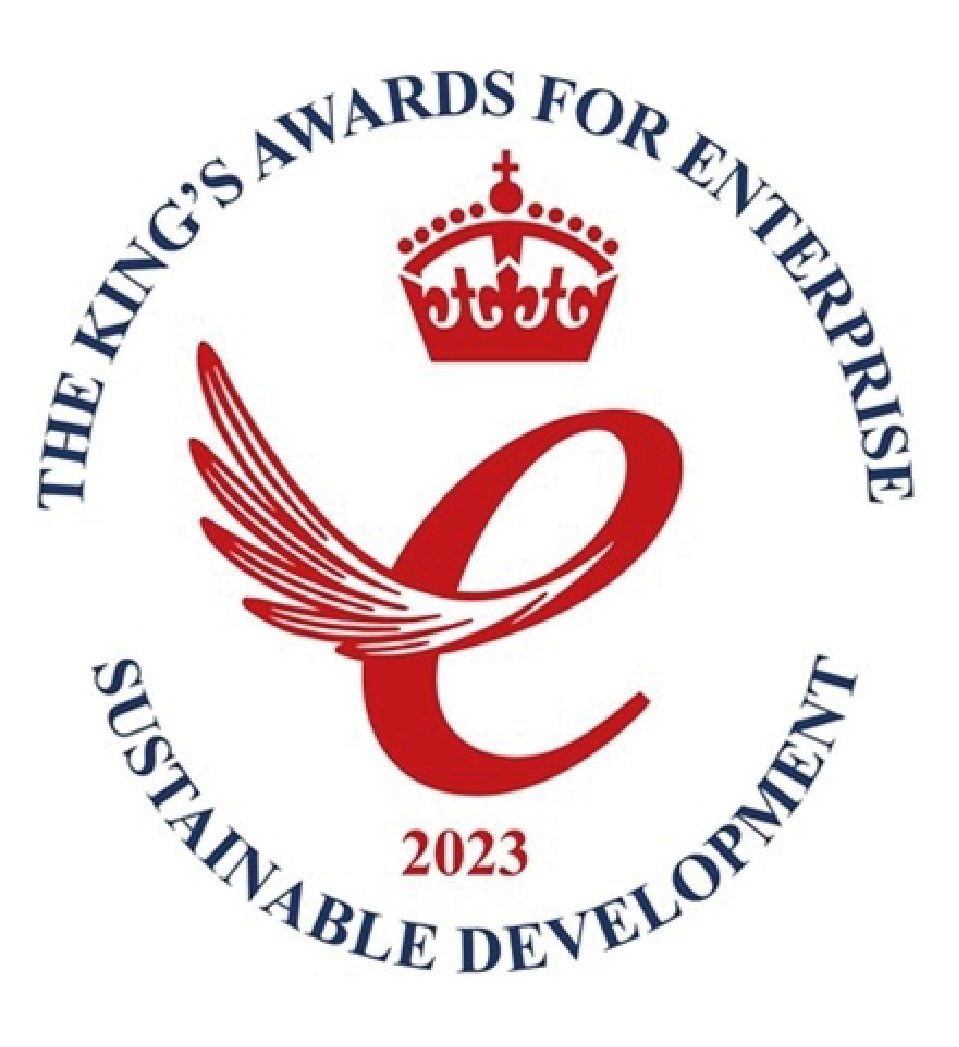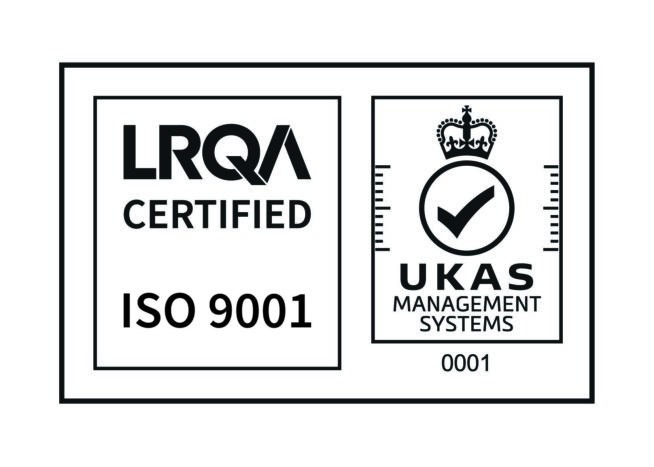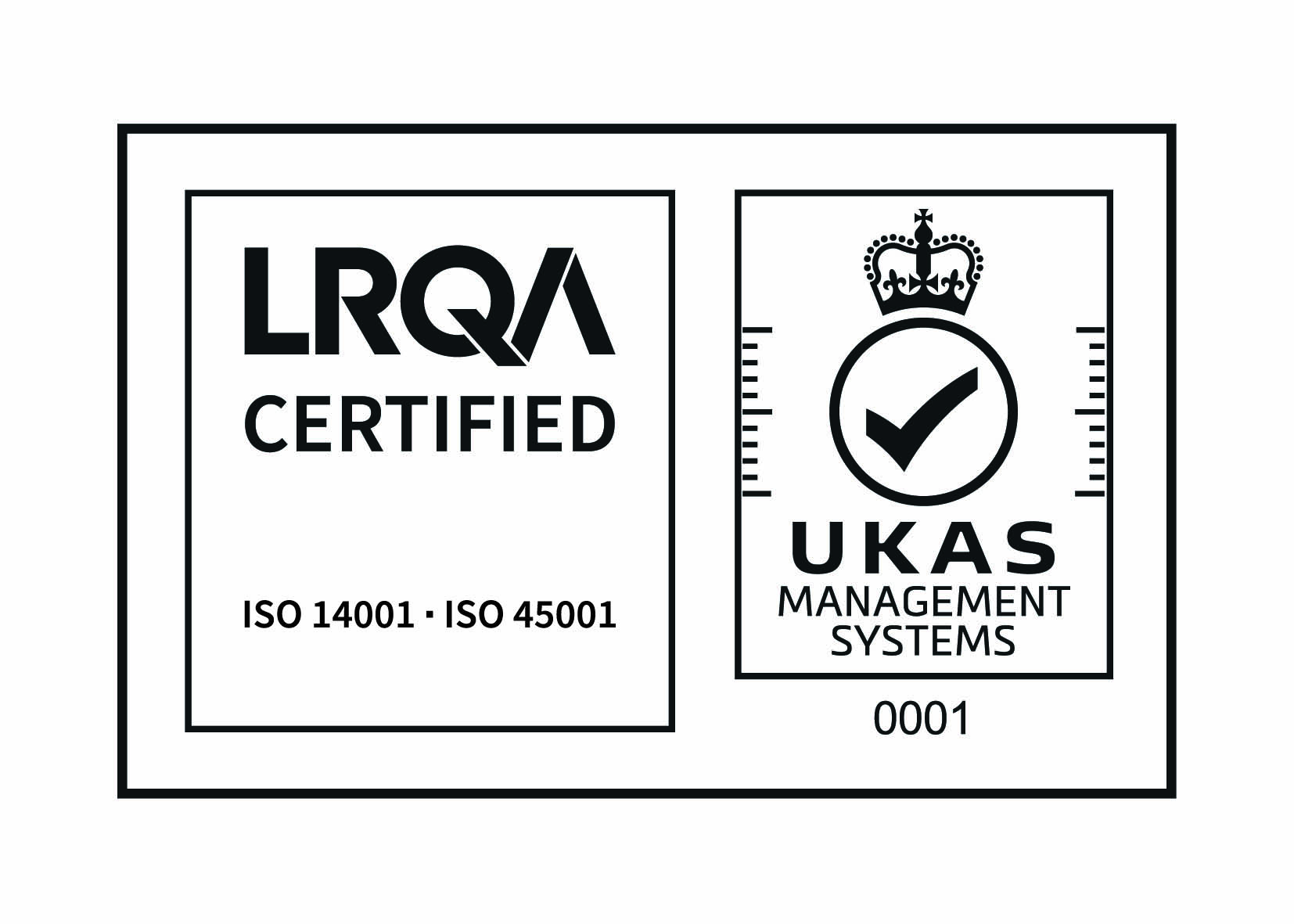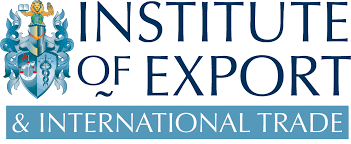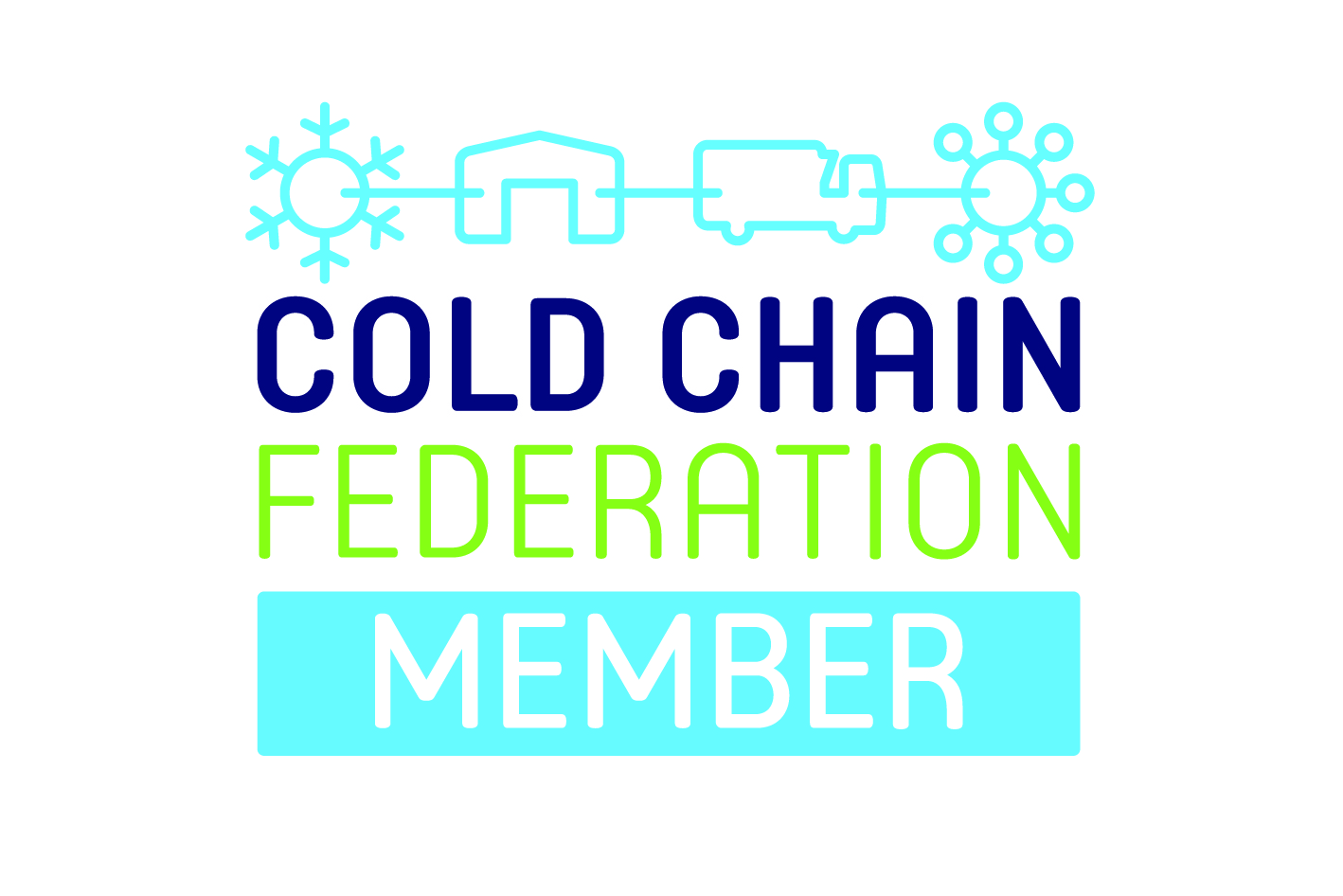Air Logistics International Q&A
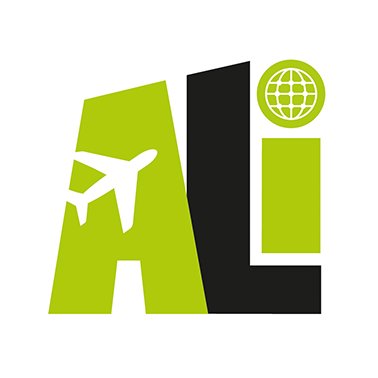
Natalie Robinson, Global Head of Operations, Tower Cold Chain sat down with Air Logistics International magazine to discuss the increasing demand for pharmaceutical storage solutions in the air cargo industry.
A. What solutions do you offer the air cargo industry? And how has this part of the business grown in recent years?
Q. In recent years, the demand for temperature-controlled cargo solutions has surged, driven by the increasing need for safe and efficient transportation of pharmaceuticals and medical supplies, particularly during the pandemic.
Tower’s fully reusable passive containers come in various capacities, catering to diverse needs of the industry from mass pharmaceutical shipments to clinical trials, life sciences and last mile delivery.
Tower’s Evolution 1600 Universal Pallet is an example of our product innovation specifically for the air cargo industry. This container is designed to reliably transport pharmaceuticals with the ability to configure for use in both US and EU pallet options, with an internal payload of 1639 litres and 120+ hours of temperature protection. Before this solution, the industry faced the logistical challenge and expense of having to use separate containers for each global pallet.
In addition, Tower’s Advanced Insulated Box (AIB) is our onboard catering solution, enabling airlines and train operators to carry food without compromising safety standards and without the use of dry ice or creating dedicated supply chain networks at each station. This provides return catering opportunities and reduces product loss by maintaining food safety requirements for up to 24 hours.
The air logistics industry is an essential part in the fast and efficient distribution of time-sensitive pharmaceutical products around the world, enabling medicines, vaccines, clinical trials, and life-saving and life-improving treatments to be administered to patients quickly and effectively, regardless of their geographical location, to prevent, control and treat diseases… Yet, understandably, the complexities involved in this global supply chain require a continually evolving balance between compliance, operational efficiency, product protection and sustainability.
Despite the obvious benefits to world health –the pharmaceutical industry is increasingly under scrutiny for its carbon footprint as vaccines and medicines are often produced in one country and distributed globally. A 2019 study deduced that the industry generates about 48.55 tonnes of CO2 equivalent per $1 million. This is 55% higher than the emission intensity of the automotive industry.
International shipment and collaboration are essential for ensuring equitable access to healthcare resources, promoting medical research and development, and addressing health disparities among different regions, however, many pharmaceutical organisations are reassessing their processes, and taking tangible actions to become more sustainable. For example, Pfizer has pledged to become carbon neutral by 2030 and announced a list of measures to achieve this.
The shipping of pharmaceuticals via air logistics is one area where huge differences can be made in terms of reducing environmental impact. While a huge number of complex steps are required to ensure life-saving products arrive to patients safely and securely, careful consideration of partners and processes can help to improve sustainability across the pharmaceutical cold chain.
For full article on page 14 – 15, click here: https://ali.mydigitalpublication.co.uk/publication/?m=63908&i=824890&p=14&ver=html5

